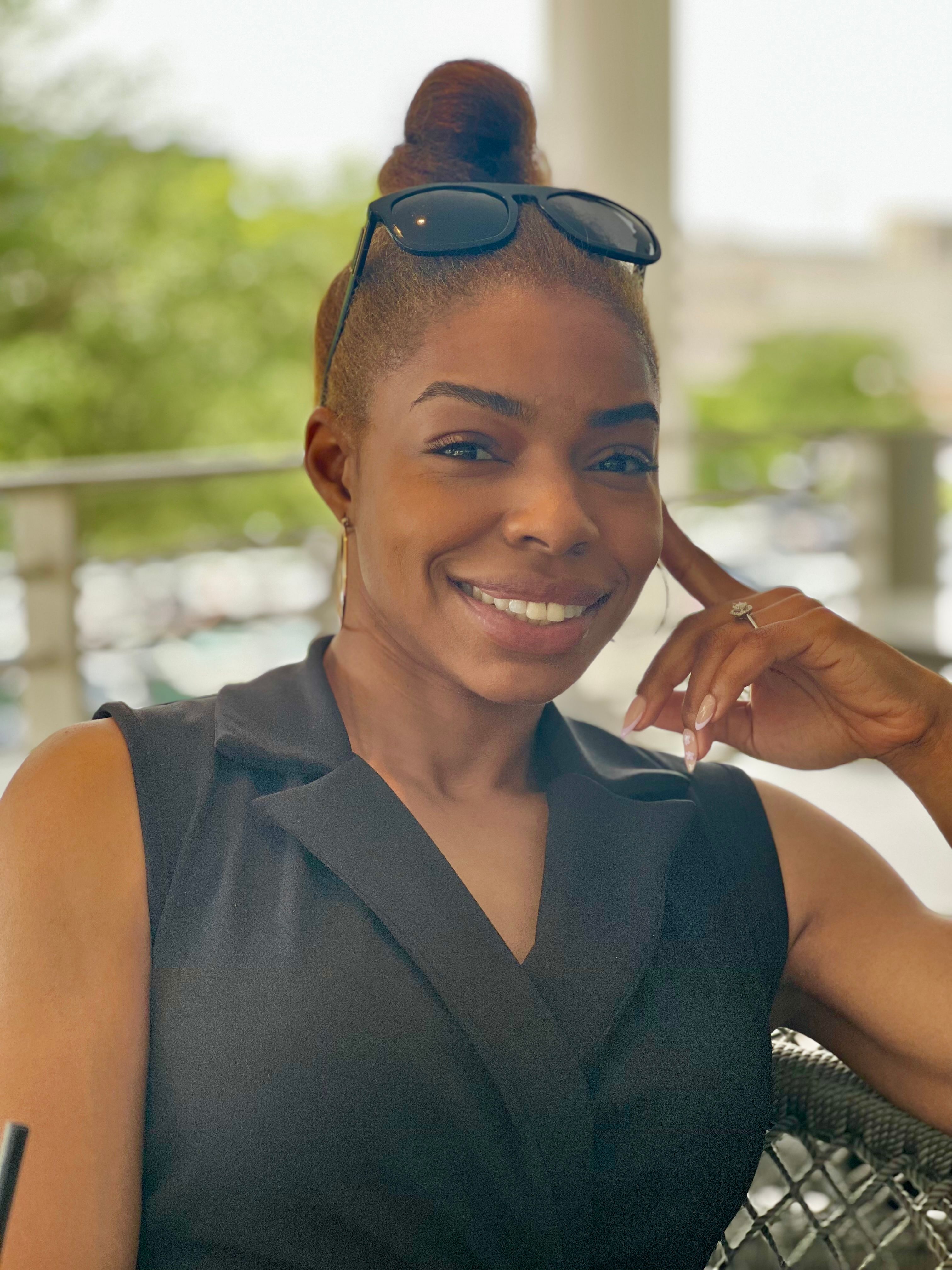As the new school year nears, it's essential to support a smooth transition for children with speech delays. Both speech-language pathologists and parents are key in helping these children adapt to upcoming changes. This blog offers ten practical and technical tips to ensure a successful return to school for children with speech delays. Click here: https://content.liricare.com/children-with-speech-delays/
Family gatherings provide an excellent chance to include speech therapy games that are enjoyable and helpful for children with speech and language delays. By incorporating engaging activities into family time, parents and speech-language pathologists (SLPs) can nurture an environment that promotes communication skills development.
This blog highlights various speech therapy games ideal for family gatherings, offering insights into their implementation and benefits: https://content.liricare.com/speech-therapy-games/
For children with speech delays, summer camps provide a valuable opportunity to develop essential communication skills in an enjoyable and stimulating setting. Beyond just recreation, these camps offer structured activities specifically designed to enhance speech and language development. This blog delves into the benefits of camp for children with speech delays, showcasing key strategies and activities employed by SLPs to maximize these advantages.
Click here: https://content.liricare.com/camp-for-speech-delays/
Advice or tips on starting speech therapy?
School Admin
Verified
Hi. I have to get the ball rolling with getting my son into speech therapy but my anxiety about the whole process is getting to me. I would love some advice or tips on what I should expect? TIA!
Did you know that delayed echolalia is the first stage of gestalt language development?! It’s a building block not something that should be extinguished❣️
If you are looking for an introduction to gestalt language development checkout this free masterclass designed for parents and professionals❣️
This free class also discusses how child-led therapy can help support children’s overall language development❣️🤩
https://www.meaningfulspeech.com/offers/YpBHFc24/checkout
For a deep dive into the well-verified, decades long, qualitative research that details the differences between gestalt language processing and analytic language processing (the mainstream development of language through single word use) look no further than this amazing site which will grant you access to more educational resources 🤩:
“What Speech Therapists Wish Parents Knew” presented by Big Heart Toys💖
If you are a neurodiveristy-affirming therapist you are not alone❣️💓💗💓
The video warmed my heart 🫶🏾 It is always so revitalizing to witness a tribe like Jessie and Chris affirm the research associated with neurodiversity-affirming techniques and approaches ✨💖this glimmer is a reminder that we can be the change our speech friends need when we join in allyship and integrate their individualized needs into our therapeutic practices.
https://youtu.be/xPVYpmNR5BI?si=BjULoA8gwD1MtqJb
Reading is essential for language development, and summer is a perfect time to engage children in activities that enhance their speech and language skills. Speech-Language Pathologists (SLPs) and parents can use carefully chosen books to improve vocabulary, comprehension, and expressive language. This blog offers a summer reading list to support speech therapy, with insights on how to use each book effectively.
Click here: https://content.liricare.com/speech-therapy-books/
An ACE score is a tally of different types of abuse, neglect, and other hallmarks of a rough childhood. According to the Adverse Childhood Experiences study, the rougher your childhood, the higher your score is likely to be and the higher your risk for later health problems. You can take the test below:
Take the quiz for yourself and learn what is does and does not mean:
https://www.npr.org/sections/health-shots/2015/03/02/387007941/take-the-ace-quiz-and-learn-what-it-does-and-doesnt-mean

We can better support children’s needs by adopting and actively practicing trauma informed care.
Trauma-informed care recognizes and responds to the signs, symptoms, and risks of trauma to better support the health needs of patients who have experienced negative consequences from dangerous situations. It's a commitment to avoid repeating traumatic experiences and to help people regain a sense of safety, power, and self-worth despite the toxic stress they have been exposed to.
Read more here:
https://www.healthcaretoolbox.org/d-e-f-framework-trauma-informed-care

“Healthy development in the early years provides the building blocks for educational achievement, economic productivity, responsible citizenship, lifelong health, strong communities, and successful parenting of the next generation.”
“This three-part video series from the Center and the National Scientific Council on the Developing Child depicts how advances in neuroscience, molecular biology, and genomics now give us a much better understanding of how early experiences are built into our bodies and brains” -Center on the Developing Child at Harvard University
Learn more here:
https://developingchild.harvard.edu/resources/three-core-concepts-in-early-development/

